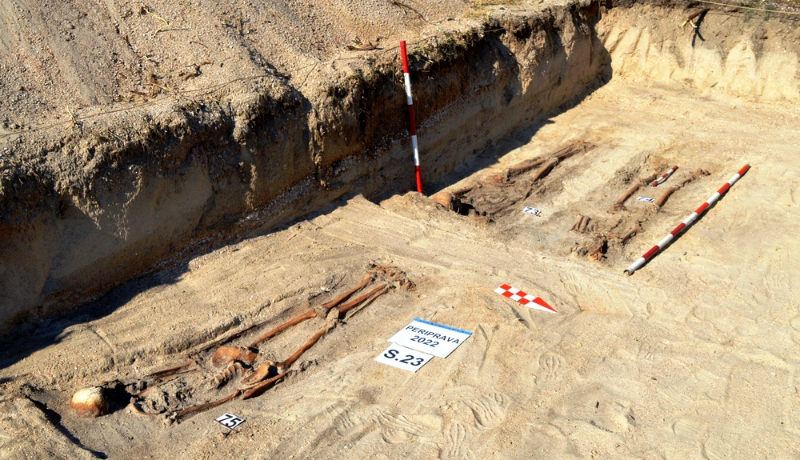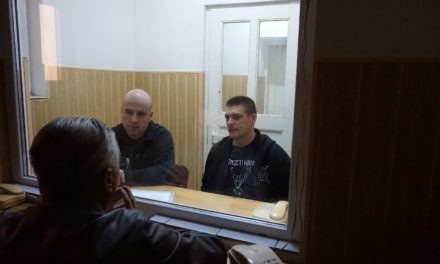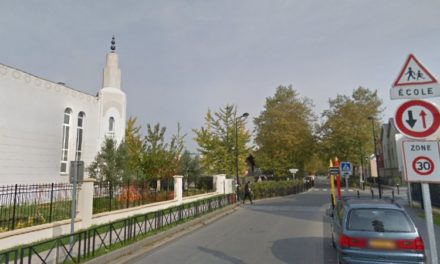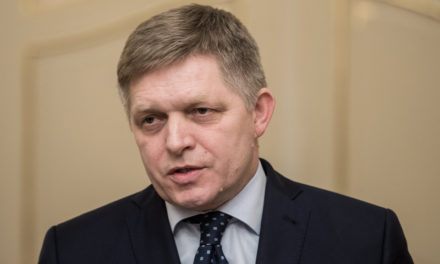Thousands of politically persecuted people declared anti-establishment, including the 56-year-olds from Transylvania, were held here in inhumane conditions.
The remains of more prisoners were exhumed next to Periprava, on the site of the most notorious forced labor camp of the Romanian communists, where between 1959 and 1964 thousands of political persecuted people who were declared anti-regime, including the 56-year-olds from Transylvania - for example, the writer Géza Páskándi, the painter Lajos Páll, and the literary historian Gyula Dávid - were also held.
excavation with the cooperation of archaeologists and historians, funded by private grants, 11 graves were identified, ten of which were excavated, the last one will not be done until next year. It is considered strange that two skeletons were found in one of the burial pits, which suggests that there may be other common graves.
During the current and previous excavation campaigns, a total of 25 archaeological areas were separated, and 83 graves were identified. Not all graves belong to the death camp, as the suicides of the village were buried here, or those whose bodies were washed to the settlement by the Danube.
The remains of the prisoners were examined on the spot, the exhumation process was documented throughout, and then they were transported to the medical institute operating within the Tulcea County Hospital, where they were subjected to an anthropological and medical examination. The extracted DNA is compared with the samples of possible descendants of the prisoners, so there is a chance to identify the remains. Descendants can contact the head of the research on 0744516108.
The Periprava labor camp was officially founded due to the construction of a dam and the draining of the marsh around the settlement. In 2017, labor camp commander Ion Ficior was sentenced to twenty years in prison for the atrocities there. He died a year later, at the age of 90, in the Jilava prison hospital.
According to the charges brought against him, the Periprava labor camp was operated with the aim of exterminating the prisoners. 103 prisoners died due to the inhumane conditions, regular beatings, lack of drinking water, food and medical care.
Featured image source: Association of Former Romanian Political Prisoners













